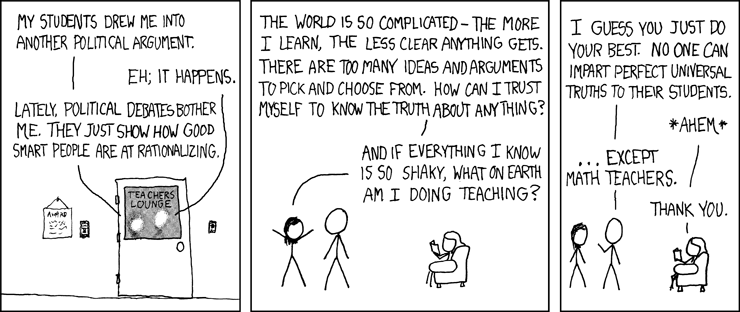School Field Trip Turns Into a Tour of Our Nation’s Unhealed Scars
You’ve got to be a little crazy to take a bunch of teenagers on a field trip – especially overnight and out of town.
But that’s what I did, and – yeah – guilty as charged.
For the second time in my more than 15-year career as a public school teacher, I volunteered along with a group of parents and other teachers to escort my classes of 8th graders to Washington, DC, and surrounding sights.
And I never regretted it. Not for a moment.
And I never regretted it. Not for a moment.
Not when Jason bombed the bathroom in the back of the bus after eating a burrito for lunch.
Not when Isaac gulped down dairy creamers for dessert and threw up all over himself.
Not when a trio of teenage girls accidentally locked themselves in their hotel room and we needed a crowbar to get them out.
But as I stood in Manassas, Virginia, looking at a statue of Stonewall Jackson, the edge of regret began to creep into my mind.
There he was perched on the horizon, ripped and bulging like an advertisement for CONTINUE READING: School Field Trip Turns Into a Tour of Our Nation’s Unhealed Scars | gadflyonthewallblog























